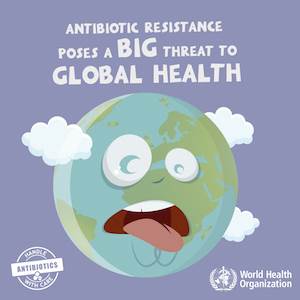CLSI Furthers Its Mission
Last month the US Food & Drug Administration launched a new website that will make it easier for prescribers to give their patients the most accurate antimicrobial treatment. They’ll base this information, in part, on the data provided in several of CLSI’s antimicrobial susceptibility testing (AST) standards. This new and improved way of providing breakpoint information to laboratories will help CLSI further its mission to develop clinical and laboratory practices and promote their use worldwide.
Read More









